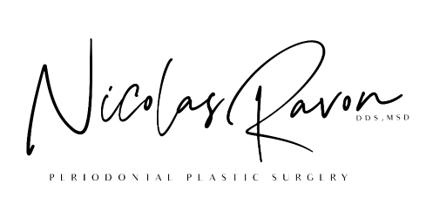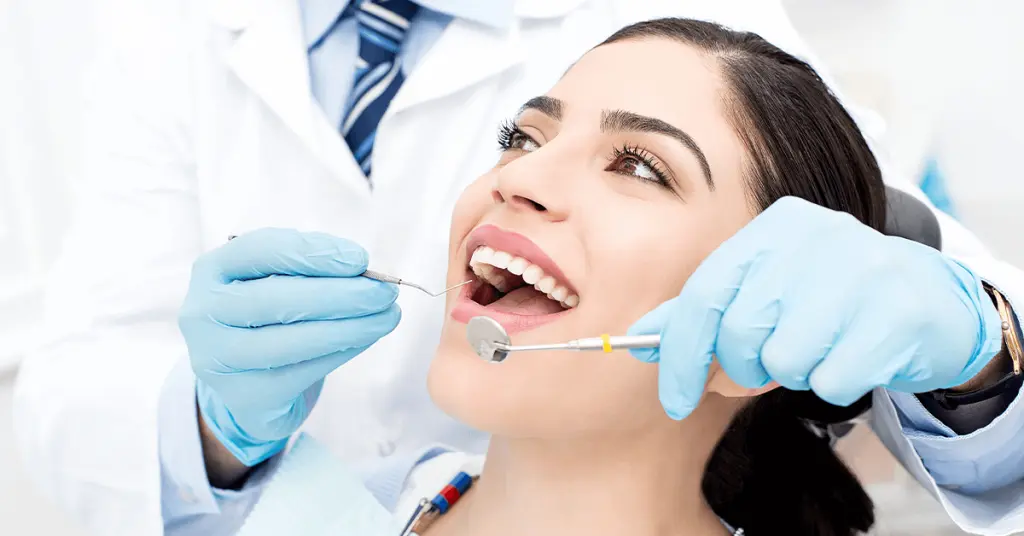Periodontal specialists play a crucial role in maintaining optimal oral health. They are highly trained dental professionals specializing in the prevention, diagnosis, and treatment of periodontal disease, also known as gum disease. In this article, we’ll explore how periodontal specialists enhance your oral environment and why their expertise is invaluable for maintaining a healthy smile.
Introduction to Periodontal Specialists
Periodontal specialists, also known as periodontists, are dentists who have undergone additional years of specialized training in the prevention, diagnosis, and treatment of periodontal disease. They possess advanced knowledge and skills in managing the structures that support the teeth, including the gums, jawbone, and connective tissues.
Understanding Periodontal Disease
Periodontal disease is a common yet serious condition that affects the gums and supporting structures of the teeth. Bacteria found in plaque, a sticky film that forms on the teeth, primarily cause it. Without proper oral hygiene, plaque can harden into tartar, leading to inflammation and infection of the gums.
Causes of Periodontal Disease
Several factors contribute to the development of periodontal disease, including poor oral hygiene, smoking, genetics, hormonal changes, and certain medical conditions such as diabetes.
Symptoms of Periodontal Disease
The early stages of periodontal disease may present with symptoms such as red, swollen gums, bleeding during brushing or flossing, bad breath, and gum recession. If left untreated, it can progress to more severe forms, causing tooth loss and damage to the supporting bone.
Role of Periodontal Specialists
Periodontal specialists play a pivotal role in the diagnosis and treatment of periodontal disease. They utilize advanced techniques and technologies to assess the condition of the gums and develop personalized treatment plans to address the specific needs of each patient.
Diagnosis of Periodontal Disease
Periodontal specialists conduct comprehensive evaluations to assess the health of the gums and supporting structures. This may involve measuring pocket depths, taking X-rays, and performing other diagnostic tests to determine the extent of the disease.
Treatment Options
Periodontal specialists offer a range of treatment options to address periodontal disease, including non-surgical therapies such as deep cleaning and scaling to remove plaque and tartar from below the gum line. In more advanced cases, surgical interventions such as periodontal surgery may be necessary to restore gum health and prevent further damage.
Enhancing Your Oral Environment with Periodontal Specialists
Periodontal specialists dedicate themselves to enhancing your oral environment and improving overall oral health. They achieve this through a combination of preventive measures, innovative treatments, and patient education.
Deep Cleaning and Scaling
One of the primary ways periodontal specialists enhance your oral environment is through deep cleaning and scaling procedures. This involves removing plaque and tartar from below the gumline, where regular brushing and flossing cannot reach. By eliminating harmful bacteria and toxins, deep cleaning helps to restore gum health and prevent the progression of periodontal disease.
Periodontal Surgery
In cases of advanced periodontal disease, periodontal surgery may be recommended to restore damaged tissues and promote gum regeneration. Periodontal specialists utilize advanced surgical techniques to address issues such as gum recession, bone loss, and periodontal pocketing, restoring both function and aesthetics to the smile.
Guidance on Oral Hygiene Practices
Periodontal specialists provide valuable guidance on oral hygiene practices to help patients maintain optimal oral health between appointments. This may include recommendations for proper brushing and flossing techniques, the use of antimicrobial mouth rinses, and the importance of regular dental visits for professional cleanings and exams.
Benefits of Seeking Treatment from Periodontal Specialists
Seeking treatment from a dentist offers numerous benefits for individuals dealing with periodontal disease.

Improved Oral Health
By addressing the underlying causes of periodontal disease and providing effective treatment, specialized dentists help to improve overall oral health and reduce the risk of complications such as tooth loss and bone damage.
Prevention of Tooth Loss
Periodontal specialists are skilled in preserving and restoring the health of the gums and supporting structures, helping to prevent tooth loss and preserve natural teeth for as long as possible.
How They Work with General Dentists
Periodontal specialists often collaborate closely with general dentists to ensure comprehensive care for patients. They work together to develop customized treatment plans tailored to the individual needs of each patient, to achieve optimal oral health outcomes.
Conclusion
In conclusion, Specialized dentists play a vital role in enhancing your oral environment and promoting overall oral health. Their expertise in the prevention, diagnosis, and treatment of periodontal disease is invaluable for maintaining a healthy smile and preserving natural teeth for years to come.
FAQs
- How often should I visit a periodontal specialist?
- It is recommended to visit a periodontal specialist at least twice a year for routine check-ups and cleanings.
- Are periodontal treatments painful?
- While some treatments may cause mild discomfort, periodontal specialists utilize various techniques to ensure patient comfort during procedures.
- Can periodontal disease be reversed?
- In the early stages, periodontal disease may be reversible with proper treatment and oral hygiene practices. However, advanced cases may require ongoing management to control symptoms and prevent further damage.
- Is periodontal disease hereditary?
- Genetics can play a role in the development of periodontal disease, but it is also influenced by factors such as oral hygiene habits and overall health.
- How can I maintain good oral hygiene at home?
- Periodontal specialists recommend brushing twice a day, flossing daily, using an antimicrobial mouthwash, and scheduling regular dental check-ups and cleanings.


